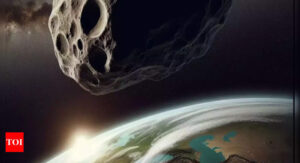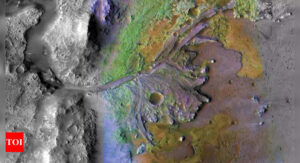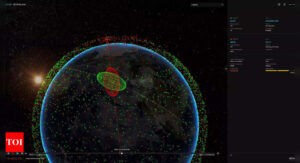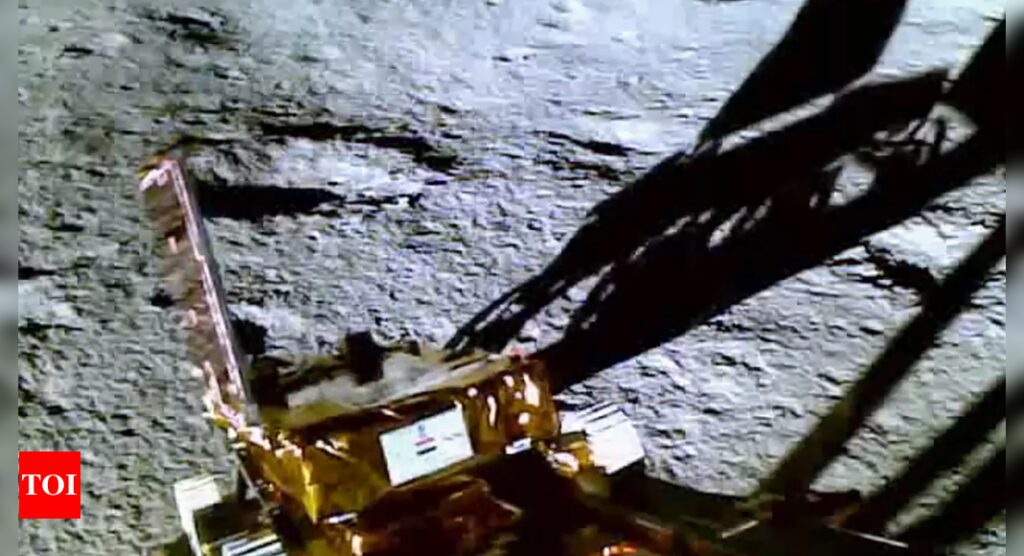
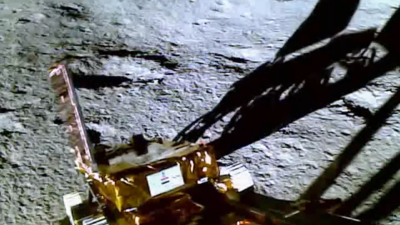
NEW DELHI: A giant 10-metre high replica of the moon is set to come up in Guwahati to celebrate the success of Chandrayaan mission as the city gears up to host the India International Science Festival from November 30. The 1:50,00,000 scale model of the moon will be erected at the centre of the city when the IIT-Guwahati will host the four-day event organised by the Ministry of Science and Technology in association with Vijnana Bharati, an NGO engaged in science popularisation.
The replica of the moon will be installed by British artist Luke Jerram.
Measuring seven metres in diameter, the moon features 120dpi detailed NASA imagery of the lunar surface with each centimetre of the internally lit spherical sculpture representing five km of the moon’s surface.
“The aim of the science festival is to celebrate the achievements of India in the frontier areas of science and technology,” Union Science and Technology Minister Jitendra Singh said.
The four-day event will have participants from across the world who would deliberate on ideas for a developed India by 2047, focussed session on science and technology for the north-east, a workshop for educators and teachers, nuclear energy for self-reliant India and science literature festival.
Singh said the decision to host the festival in Guwahati reflected the government’s broader strategy to promote inclusive development, particularly in regions that have been historically under-represented.
“The Northeast is rich in natural resources and talent, and this festival is an opportunity for the rest of the nation to recognise and engage with the potential that lies here,” he said.
The 10th edition of India International Science Festival (IISF) has the theme ‘Transforming India into an S&T driven Global Manufacturing Hub’ reflecting the government’s ambition to merge science and technology with industrial growth, propelling India towards self-reliance and global leadership in manufacturing.
“The next wave of India’s economic growth will be fuelled by advancements in biotechnology, bioeconomy, and space technology. This festival is a chance to highlight how science will shape the future of our economy, environment and employment,” Singh said.
The IISF will provide students with the chance to connect with top scientists, take part in science competitions and experience ground breaking innovations up close, he said.
